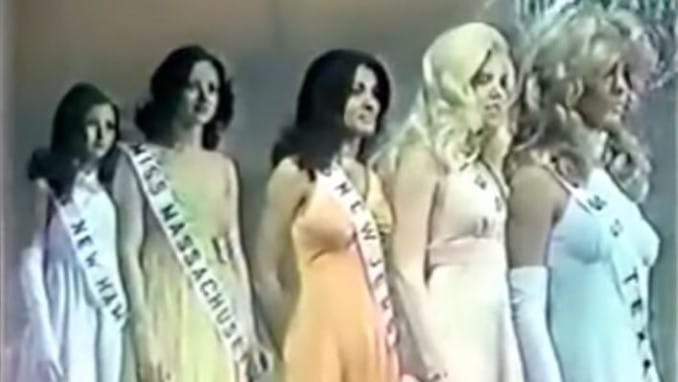The Great American Beauty Contest: A Captivating Review
The Great American Beauty Contest Review
In this insightful review, we delve into the world of the 1973 TV movie “The Great American Beauty Contest” and explore its portrayal of a second-tier beauty pageant filled with drama and controversy. While the film attempts to tackle important societal issues of the time, it falls short in delivering a cohesive message. Despite its shortcomings, the movie offers a nostalgic glimpse into the past and features a talented cast that brings both charm and unease to the screen.
Plot Overview
The movie follows the events of a beauty pageant where rumors of rigging and activism swirl around the contestants. With a backdrop of Women’s Liberation protests and racial tensions, the film attempts to navigate the complexities of the era. However, it struggles to provide a clear stance on the beauty pageant culture, leading to a muddled narrative that lacks depth.
Cast and Performances
The standout performance in the film comes from Eleanor Parker, who brings depth and emotion to her role as the pageant director. Alongside Parker, the ensemble cast delivers a mix of campy and compelling performances, with notable appearances from Robert Cummings, Farrah Fawcett, and Louis Jourdan. Despite the thin material, the cast manages to captivate the audience with their portrayals.
Historical Significance
While “The Great American Beauty Contest” may not have aged well in terms of its messaging, it serves as a time capsule of the era, highlighting the tensions and contradictions of the time. The film’s conflicting tones and themes offer a fascinating glimpse into the past and pave the way for future pageant-centered comedies.
Conclusion
In conclusion, “The Great American Beauty Contest” is a flawed yet intriguing look at a pivotal moment in American culture. While it may fall short in its execution, the film remains a valuable piece of nostalgia that sheds light on the societal issues of the 1970s. Through its talented cast and historical context, the movie provides a unique insight into the complexities of the time.
FAQs
1. What is the main focus of “The Great American Beauty Contest”?
The movie centers around a second-tier beauty pageant filled with drama and controversy.
2. Who delivers the standout performance in the film?
Eleanor Parker shines in her role as the pageant director, bringing depth and emotion to the character.
3. What historical themes are explored in the movie?
The film touches on issues of Women’s Liberation protests, racial tensions, and the complexities of beauty pageant culture in the 1970s.
4. How does the cast contribute to the overall appeal of the movie?
The ensemble cast delivers a mix of campy and compelling performances, with each actor bringing their unique charm to the screen.
5. What is the significance of “The Great American Beauty Contest” in the context of its time?
The film serves as a time capsule of the era, highlighting the tensions and contradictions of the 1970s culture.
6. How does the movie handle its messaging on beauty pageants?
The film struggles to provide a clear stance on the beauty pageant culture, leading to a muddled narrative that lacks depth.
7. What role does nostalgia play in the viewing experience of the movie?
The film offers a nostalgic glimpse into the past, showcasing the societal issues and cultural nuances of the time.
8. How do the conflicting tones in the film contribute to its overall impact?
The conflicting tones and themes of the movie offer a fascinating insight into the complexities of the era, paving the way for future pageant-centered comedies.
9. What sets “The Great American Beauty Contest” apart from other TV movies of its time?
Despite its shortcomings, the film stands out for its talented cast, historical context, and nostalgic appeal.
10. How does the movie’s portrayal of societal issues resonate with contemporary audiences?
While the film may not fully address the societal issues it presents, it offers a valuable perspective on the cultural landscape of the 1970s, prompting viewers to reflect on the progress made since then.

